A "great finance divide" between rich and poor countries amid the COVID-19 pandemic poses a major setback for sustainable development, warns a UN report.
"The 2022 Financing for Sustainable Development Report: Bridging the Finance Divide," released Tuesday, finds that while rich countries were able to support their pandemic recovery with record sums borrowed at ultra-low interest rates, the poorest countries spent billions servicing debt, preventing them from investing in sustainable development.
On average, the poorest developing countries pay 14 percent of revenue for interest on their debt, almost four times higher than developed countries, at 3.5 percent. Globally, many developing countries were forced to cut budgets for education, infrastructure and other capital spending as a result of the pandemic, says the report.
While many developed countries saw a rapid economic recovery from the pandemic shock in 2021, developing countries did not regain lost ground. In one in five developing countries, GDP per capita was projected to remain below 2019 levels by the end of 2023. This is even before accounting for the fallout from the war in Ukraine, says the report.
The pandemic shock plunged 77 million more people into extreme poverty in 2021, it says.
Unless the international community reverses course, this divergence will persist, and may further intensify over the coming months and years, the report warns.
Global geopolitical tensions are rising, fueling uncertainty. The conflict in Ukraine has led to sharply rising commodity prices, further supply bottlenecks, and increased financial market volatility and downside economic risks, raising the specter of stagflation. The tightening of global financing conditions in the face of rising inflation will put more countries at risk of debt distress, further constraining their fiscal space and hampering economic growth, it says.
Today, 60 percent of least developed and other low-income countries are already at high risk of, or in debt distress. Vaccine inequity remains high. Climate change will continue to exacerbate financing challenges, particularly in vulnerable countries, it says.
The report recommends actions in three areas. First, financing gaps and rising debt risks must be urgently addressed. Second, all financing flows must be aligned with sustainable development. Third, transparency and the information ecosystem must be improved to enable countries to better manage risks and use resources.
UN Deputy Secretary-General Amina Mohammed, who launched the report at the UN Headquarters in New York, called for action to address the "great finance divide."
"The international community has taken important steps to mitigate the pandemic's social and economic fallout, including through large-scale provision of emergency financing and the creation of debt relief instruments. But more is needed to close the recovery gap, address the risk of debt distress and secure a better future for our children and for ourselves," she said.










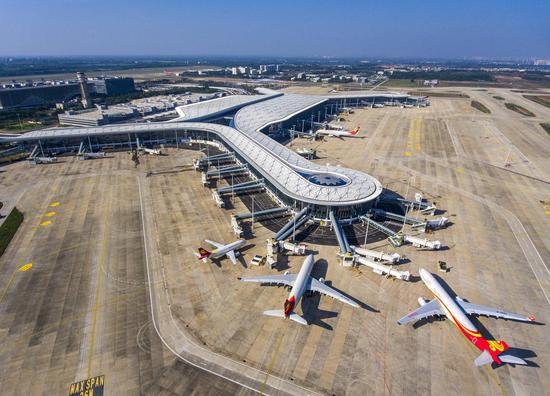
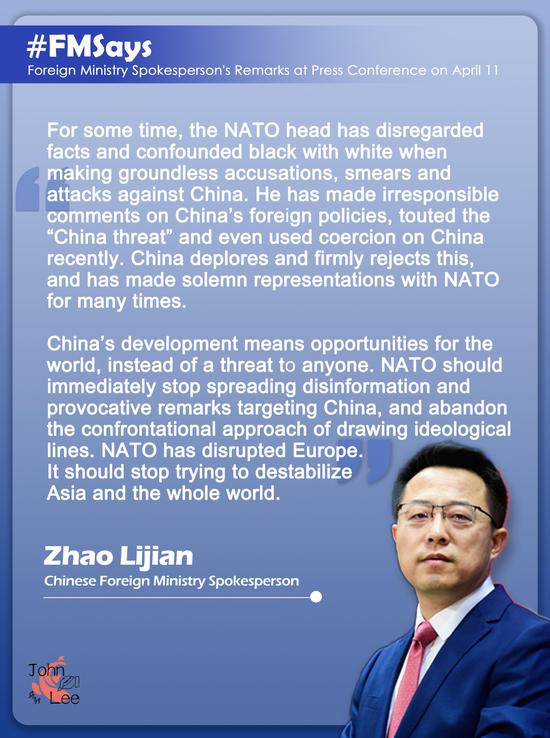
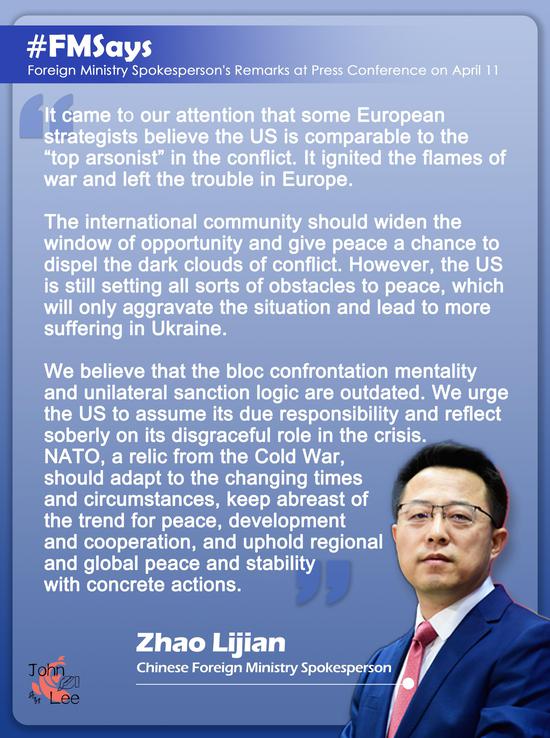

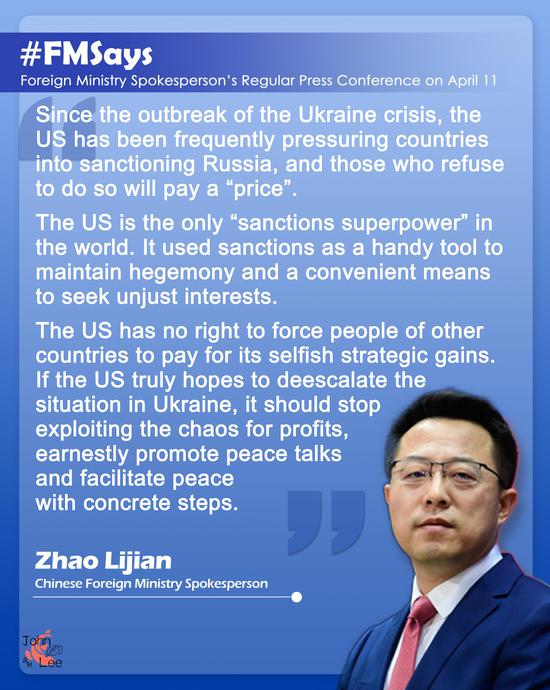
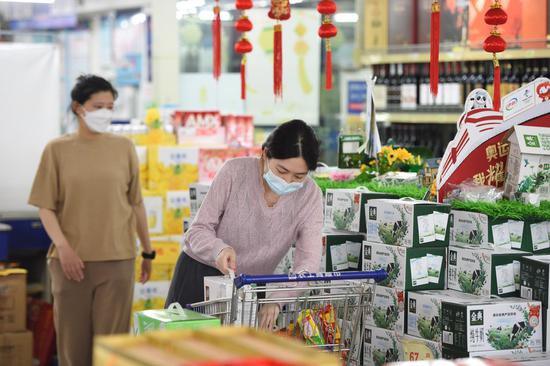
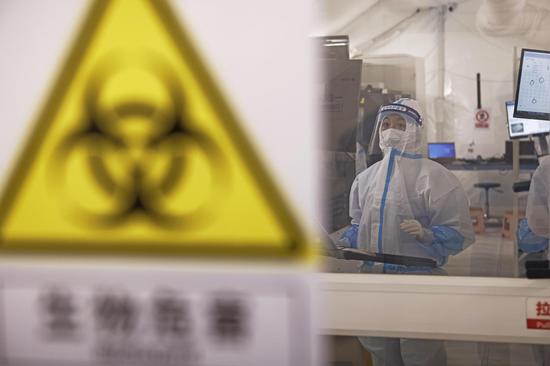

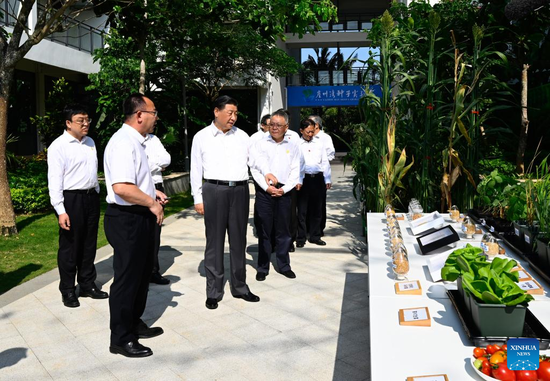




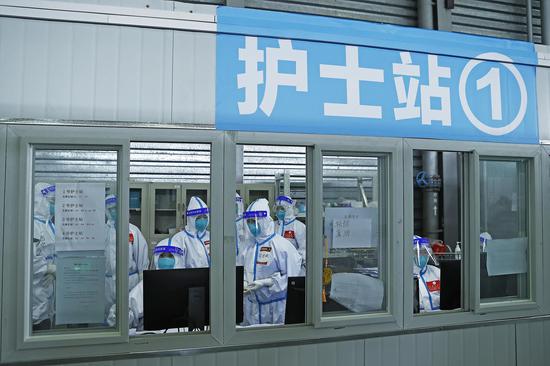


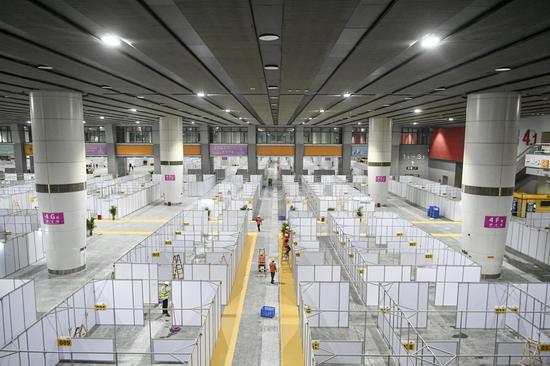
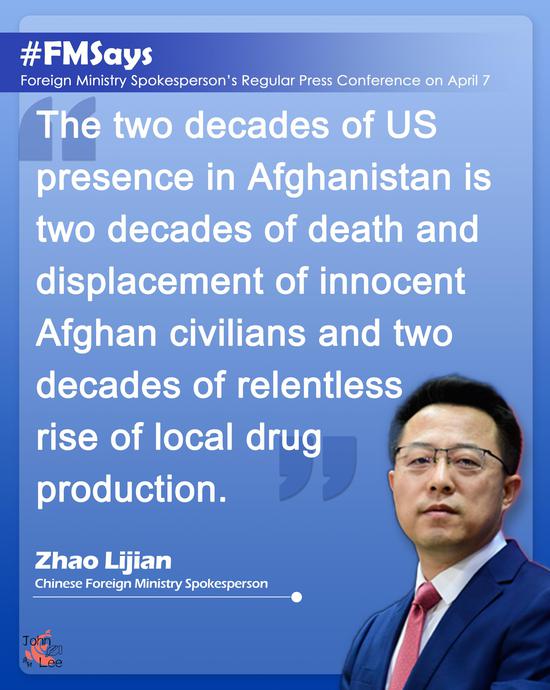
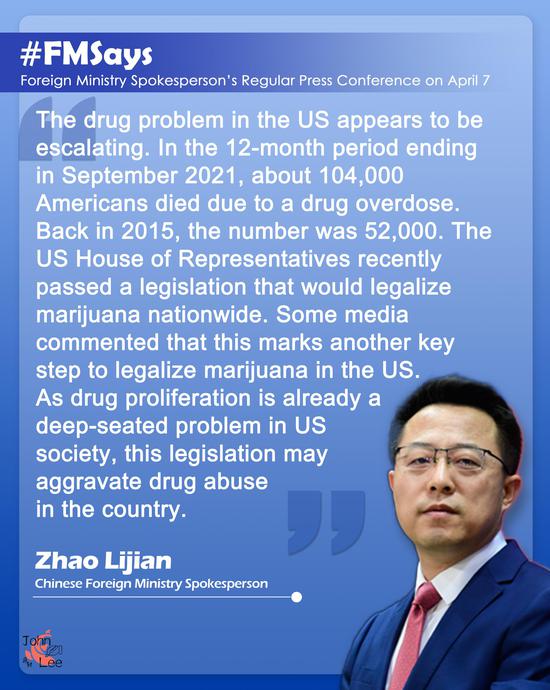



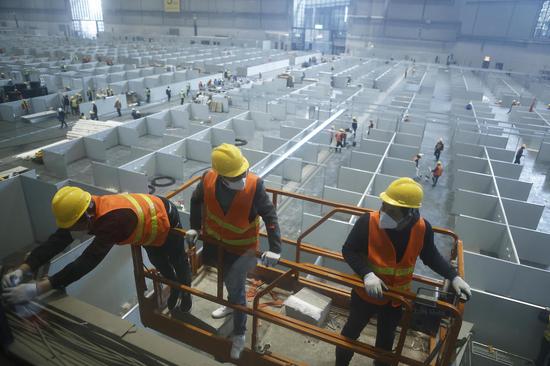
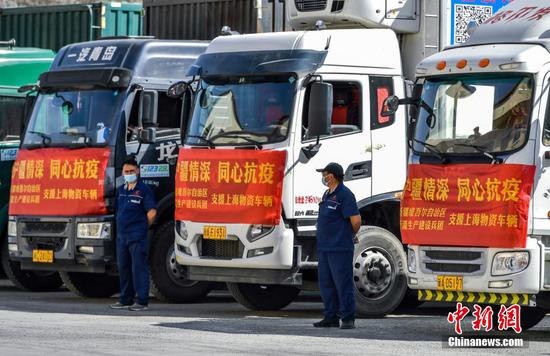

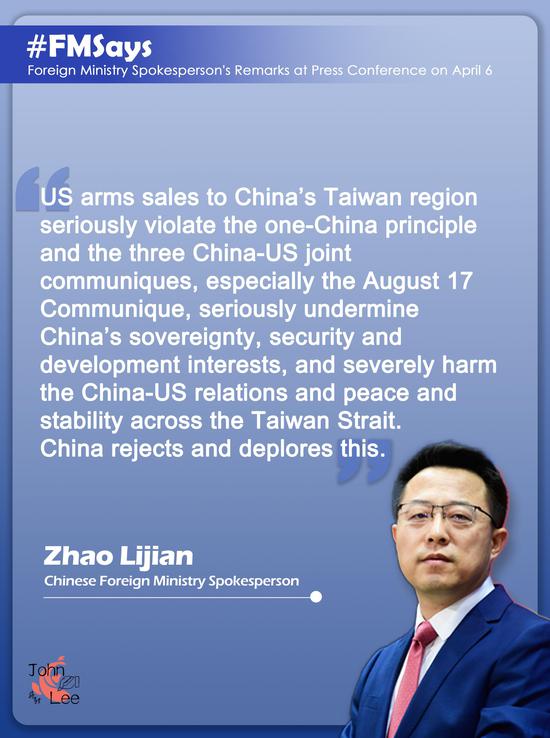
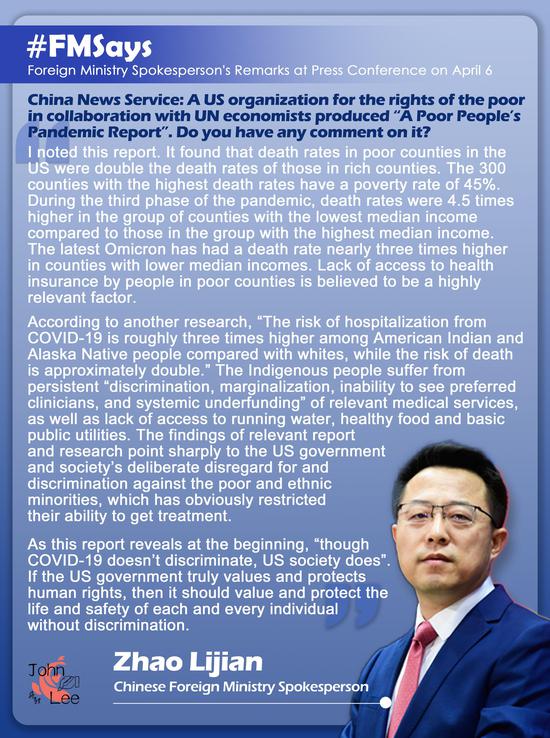

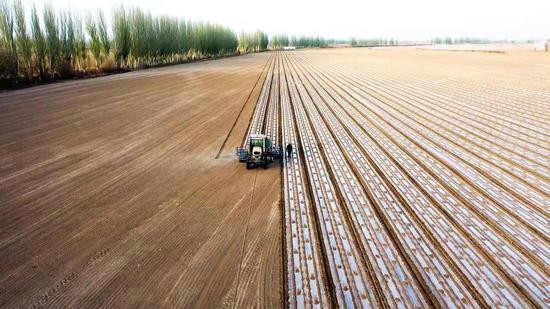

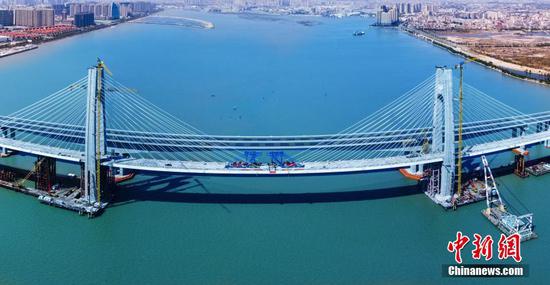
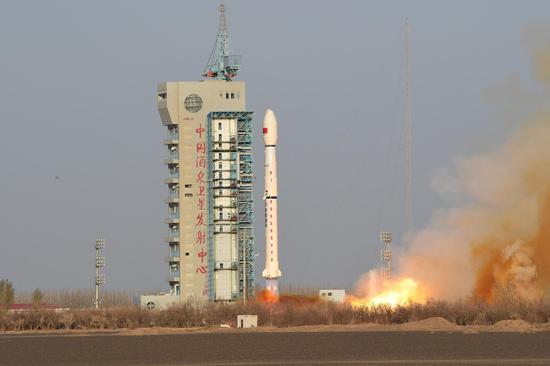

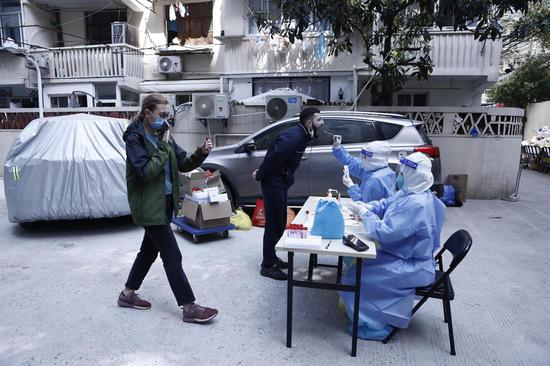






 京公網安備 11010202009201號
京公網安備 11010202009201號